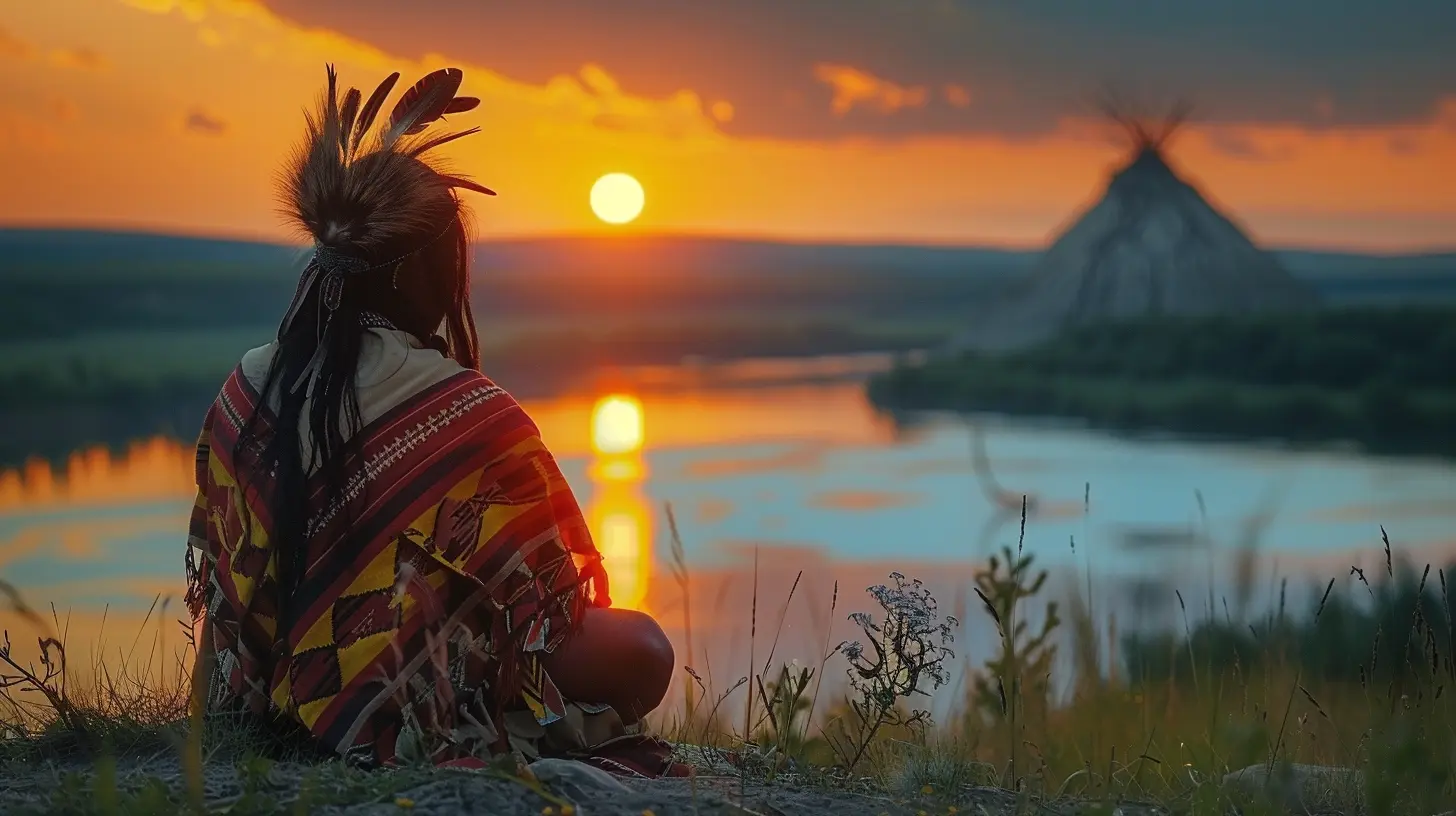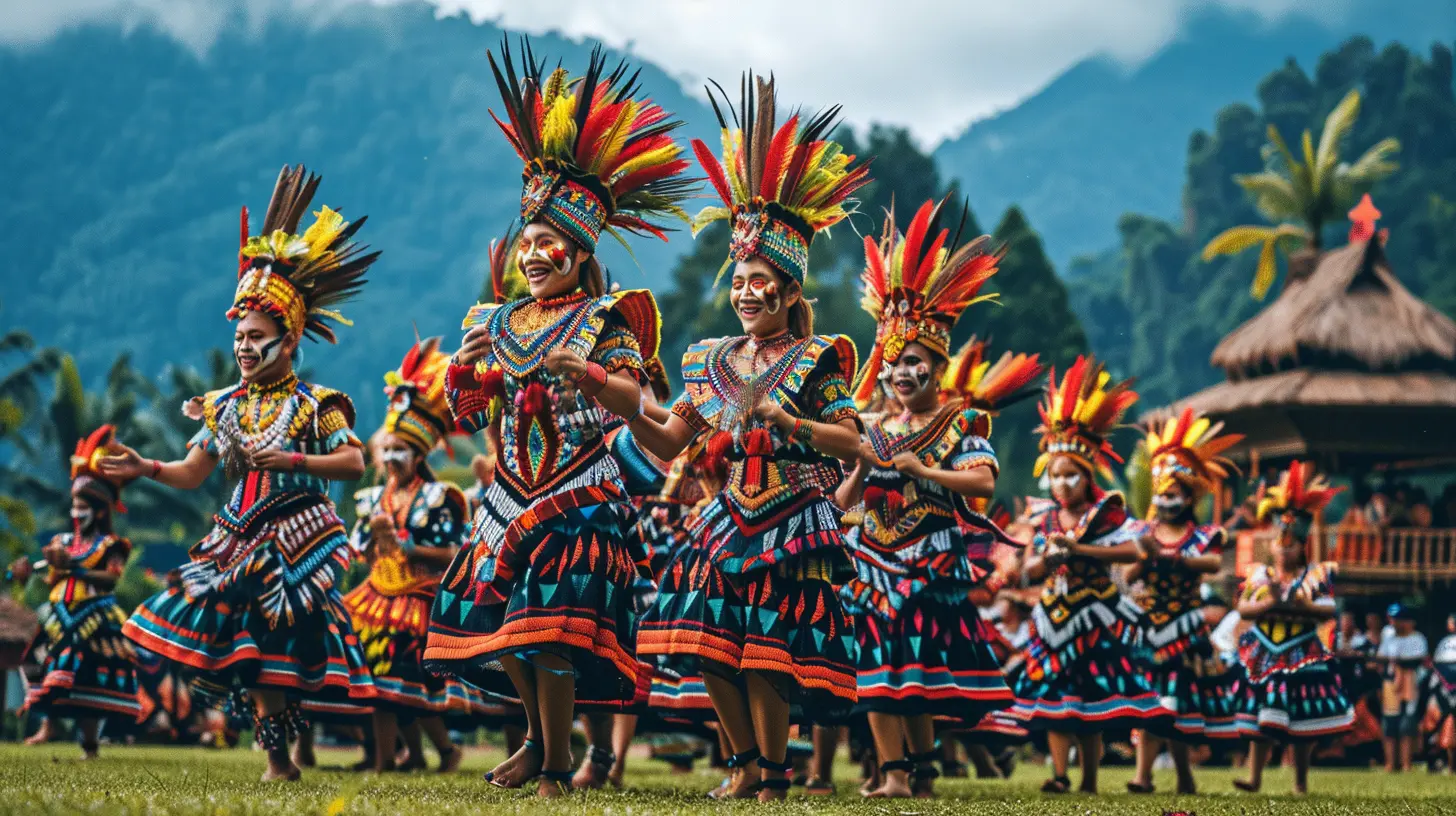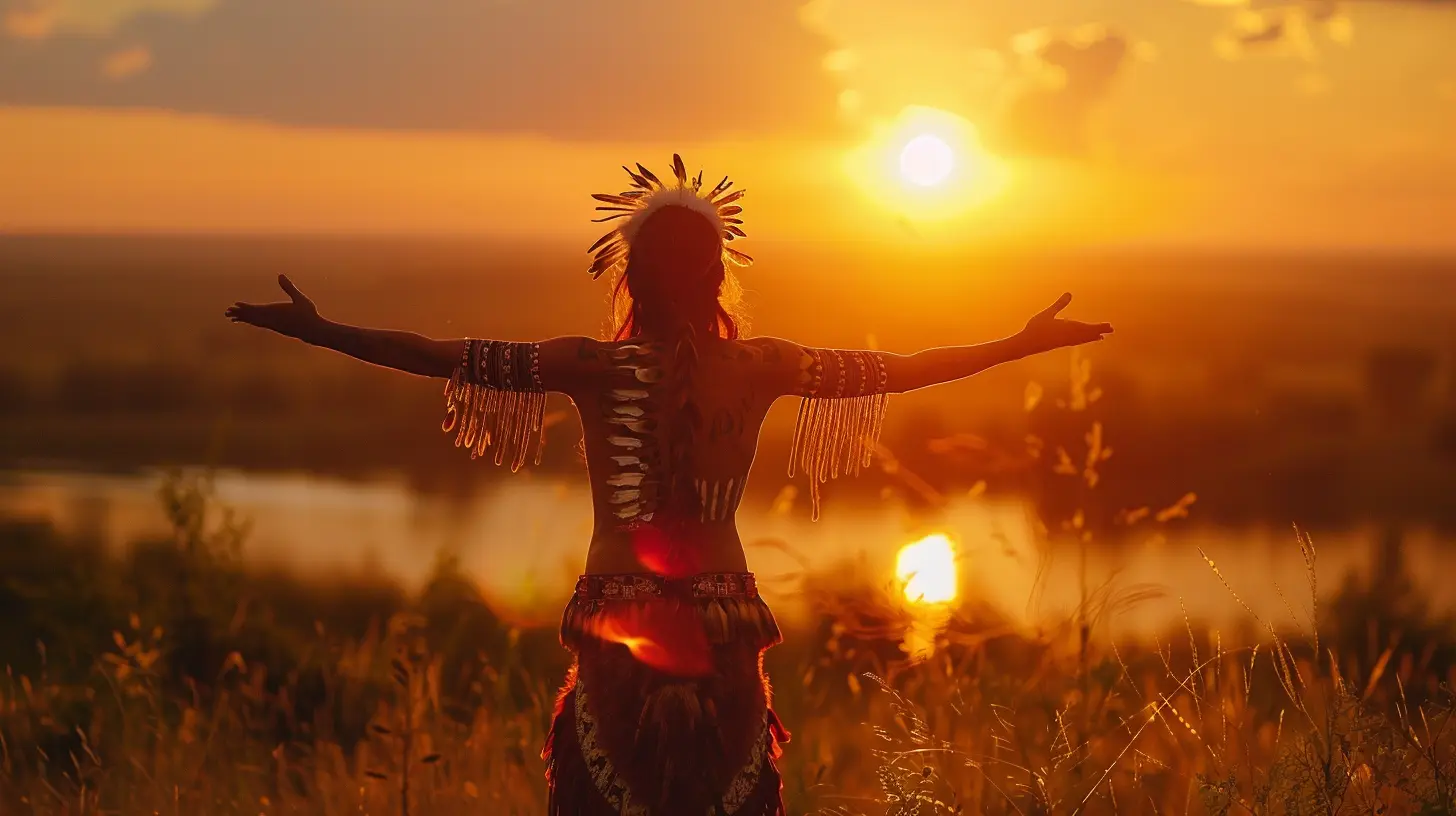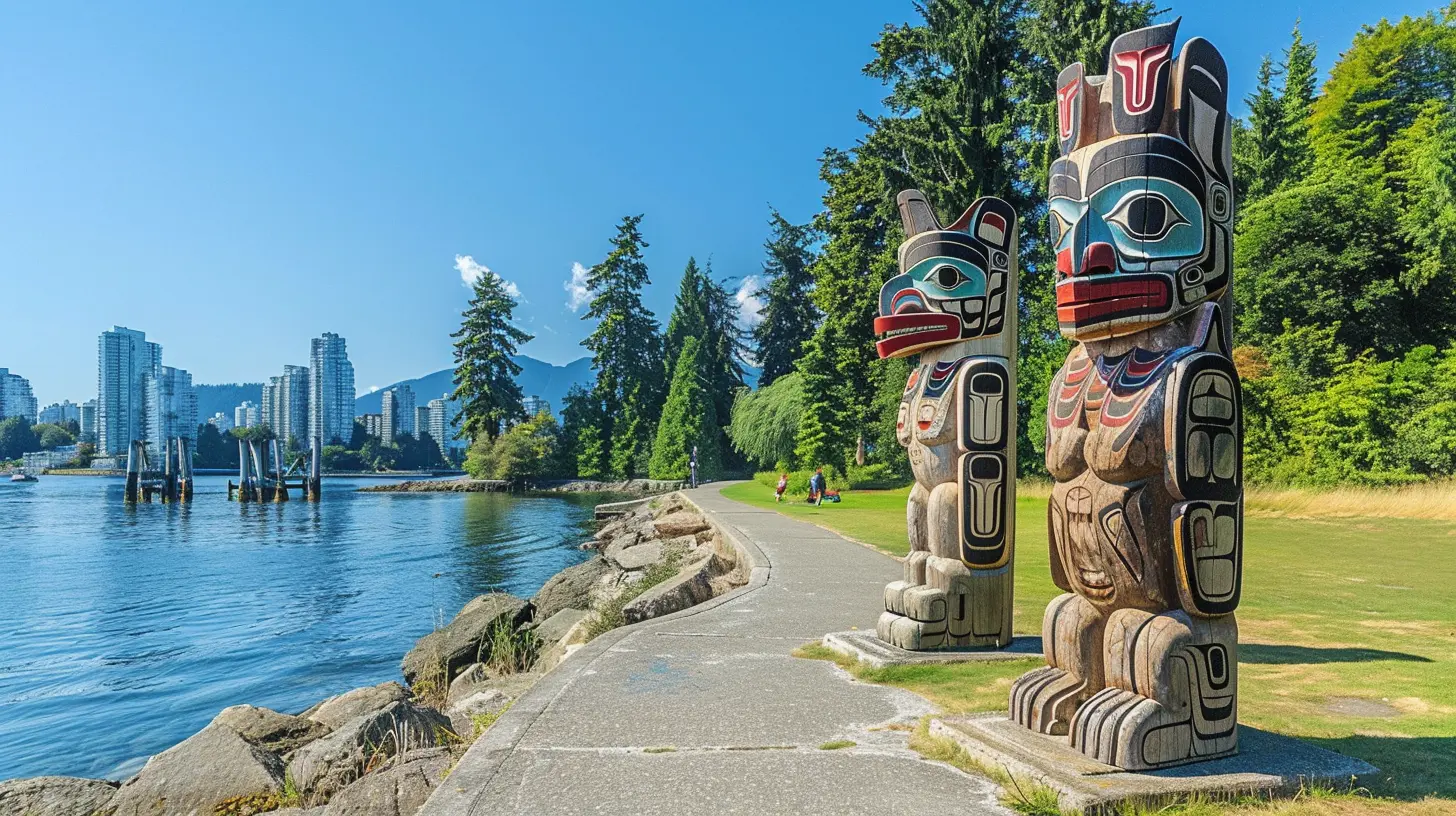Balancing Tourism and Tradition: How to Respect Indigenous Cultures
4 August 2025
Tourism has the power to open our eyes to new ways of life, but when it comes to indigenous cultures, there’s a fine line between appreciation and exploitation. Every year, millions of travelers seek out unique experiences with indigenous communities, but how often do they stop to think about the impact they’re leaving behind?
Respecting indigenous cultures isn’t just about taking beautiful pictures or bringing home souvenirs—it’s about understanding, honoring, and ensuring that these traditions thrive for generations to come. Let’s dive into how we, as responsible travelers, can strike a balance between tourism and tradition.

Understanding Indigenous Cultures: More Than Just an Attraction
Indigenous cultures are not tourist attractions; they are living, breathing communities with deep-rooted traditions, beliefs, and histories. These groups have often faced centuries of oppression, colonization, and cultural erosion—making it even more crucial for us to approach their customs with respect.Many travelers don’t intentionally disrespect indigenous people; sometimes, it’s simply a lack of awareness. That’s why education is key—to truly appreciate a culture, you must first understand its history.
The Impact of Tourism on Indigenous Communities
Tourism can bring economic opportunities, cultural exchange, and increased awareness of indigenous heritage. However, it can also lead to commercialization, cultural dilution, and even exploitation. Let’s look at both sides of the coin.The Positive Side
- Economic Growth: Indigenous communities can benefit financially from tourism through guided tours, craft sales, and cultural performances.- Cultural Preservation: When done right, tourism can act as a tool for keeping traditions alive by encouraging indigenous people to pass down their customs.
- Global Awareness: Visitors can become advocates for indigenous rights after experiencing these cultures firsthand.
The Negative Side
- Cultural Exploitation: Some experiences are staged purely for tourists, distorting traditions and turning sacred practices into performances.- Environmental Damage: Increased foot traffic can damage sacred sites and disrupt ecosystems that indigenous people rely on.
- Loss of Authenticity: Communities may feel pressured to cater to tourists, compromising their cultural integrity.
So, how do we ensure that tourism serves as a force for good rather than harm?

7 Ways to Respect Indigenous Cultures While Traveling
1. Educate Yourself Before You Go
Before stepping into an indigenous community, take the time to research their customs, traditions, and history. Knowing what’s appropriate and what’s not can prevent accidental offenses. For example, some tribes consider taking photos of sacred sites disrespectful, while others have strict rules about dress codes.2. Ask for Permission and Follow Local Guidelines
Would you barge into someone’s home and start taking pictures? Probably not. The same principle applies when visiting indigenous communities. Always ask before taking photos, touching artifacts, or attending ceremonies. Some rituals are deeply sacred and not meant for outsiders.3. Support Indigenous-Owned Businesses
One of the best ways to show respect is to support indigenous-owned businesses. Instead of buying mass-produced souvenirs, purchase handmade crafts directly from artisans. Stay in locally owned accommodations, eat at traditional restaurants, and hire indigenous guides. Your money should benefit the community, not a tour company that exploits their culture.4. Avoid "Human Safaris" and Performative Tourism
There’s a big difference between experiencing an indigenous culture and treating it like a spectacle. Some unethical tour operators organize "human safaris," where tourists observe communities as if they were in a zoo. If an excursion feels intrusive, it probably is.Instead, seek out experiences that are interactive, educational, and respectful. Workshops on traditional crafts, storytelling sessions, or guided nature walks led by indigenous people are great alternatives.
5. Learn the Language (Even Just a Little!)
Learning a few basic phrases in the local language shows that you’re making an effort. Even simple greetings can go a long way in showing respect. Indigenous languages are a huge part of cultural identity, and with many at risk of disappearing, every effort counts.6. Dress Modestly and Respect Cultural Norms
Some cultures have specific dress codes, especially when it comes to sacred sites or ceremonies. Wearing revealing or inappropriate clothing might not just be frowned upon—it could be deeply offensive. When in doubt, opt for modest attire and observe how locals dress.7. Be Mindful of Sacred Sites and Traditions
Many indigenous sites hold deep spiritual significance. Treat them with the same respect you would extend to a church, mosque, or temple. Stay on designated paths, don’t remove artifacts, and always follow the guidance of local leaders.
The Responsibility of Travel Influencers and Media
Social media plays a huge role in shaping perceptions of indigenous cultures. Unfortunately, many influencers and content creators treat these communities as aesthetic backdrops rather than real people.If you’re a traveler who shares experiences online, ask yourself:
- Am I accurately representing this culture, or am I romanticizing it?
- Did I get permission to take and post these photos?
- Am I amplifying indigenous voices, or just showcasing my own experience?
Indigenous communities deserve to be portrayed with dignity, not as exotic novelties. Be a responsible storyteller—share their narratives with accuracy and respect.

Sustainable Tourism: The Future of Ethical Travel
The future of tourism must be sustainable—not just for the environment, but for cultures too. More travel organizations are now working closely with indigenous communities to create ethical tourism initiatives that benefit both visitors and locals.How Can You Contribute?
- Choose eco-friendly and community-led tours.- Advocate for policies that protect indigenous lands and traditions.
- Educate your fellow travelers about ethical tourism practices.
By making mindful choices, you contribute to a travel industry that values culture over commercialization and respect over exploitation.
Final Thoughts: Travel With Heart and Mind
Traveling should be about connection—not just with places, but with people. When we approach indigenous cultures with genuine curiosity, humility, and respect, we create travel experiences that are meaningful, fulfilling, and ethical.So, the next time you step into an indigenous community, remember: You’re not just a tourist; you’re a guest. Act accordingly.
all images in this post were generated using AI tools
Category:
Cultural EtiquetteAuthor:

Reed McFadden
Discussion
rate this article
1 comments
Jade Martin
Embrace the beauty of diverse cultures! By honoring traditions and engaging respectfully with Indigenous communities, we enrich our travel experiences and foster a deeper connection to the world. 🌍✨
August 10, 2025 at 2:28 AM

Reed McFadden
Absolutely! Embracing diverse cultures enhances our travel experiences and promotes meaningful connections. Respecting Indigenous traditions is essential for sustainable tourism. 🌍✨


